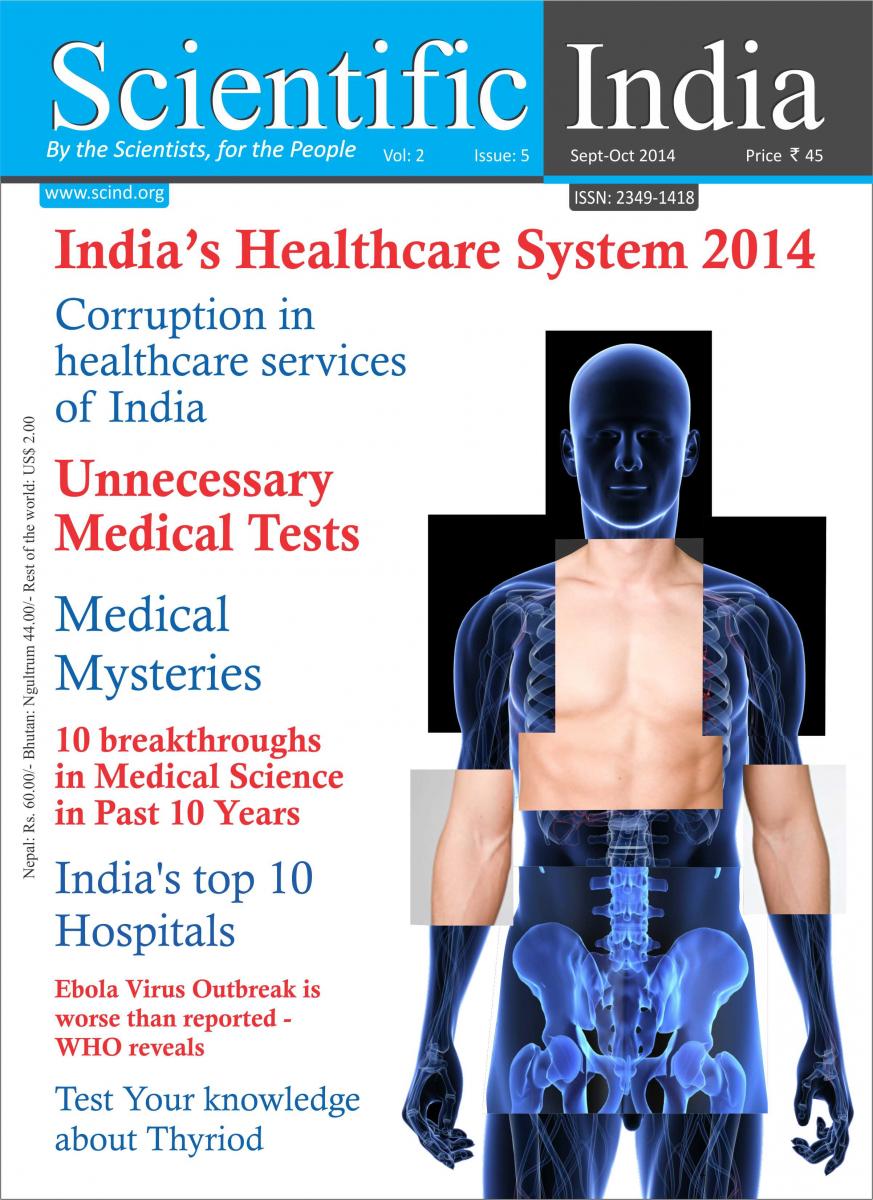Detection of Female Genital Tuberculosis by using Endo-Ovarian Tissue Biopsy

Dept. of Zoology, UCS, Osmania University, Hyderabad, AP, INDIA
Dept. of Microbiology, NIMS, Hyderabad, AP, INDIA
MHRT Hospital & Research Centre, Hyderabad, AP, INDIA
Gandhi Medical College, Hyderabad, AP
Dept of Biochemistry, DCMS, Hyderabad, AP
Female genital tuberculosis is a symptomless disease accidentally revealed during inquiry for infertility. Inefficacy of costly tests and negligence have intended for underestimation of the disease. Therefore we have chosen to reevaluate the role of conventional and genotypic methods in the detection of female genital tuberculosis by using endometrial tissue biopsy, ovarian tissue biopsy and pelvic aspirated fluids taken as samples from infertile women during hysteroscopy or laparoscopy. It is a prospective case-control study. Premenstrual endometrial tissue biopsy, ovarian tissue biopsy and pelvic aspirated fluids were collected from 202 infertile women suspected of having genital tuberculosis on laparoscopic examination and from 100 normal women of reproductive age, suspected of having genital tuberculosis. All patients were subjected to laboratory examinations by the conventional/ phenotypic methods to compare with multi gene/ multi-primer based PCR method using four set of primers for the detection of Mycobacterium tuberculosis in a single tube reaction. The conventional methods had 99% to 100% specificity with a low sensitivity, ranging from 21.78% to 42.08% while H & E staining had a sensitivity of 51.48%. In comparison, multi-gene PCR method was found to have a much higher sensitivity of 42.57% with MTB64 gene, 86.13% with TRC4 element, 99.01% with 19kDa antigen (131bp) and 100% with MPT59 α-antigen/32kDa protein (506bp) gene. The specificity of multi gene PCR was 100%. In conclusions, since 32kDa protein is encoded by Mycobacterium genus specific gene, we suggest 19kDa antigen in combination with TRC4 element could be a successful multi-gene/multi-primer PCR method in the diagnosis of FGTB
Keywords: Processing of endo-ovarian tissue biopsy, Multi-gene/Multi-primer PCR, Female genital tuberculosis (FGTB)
